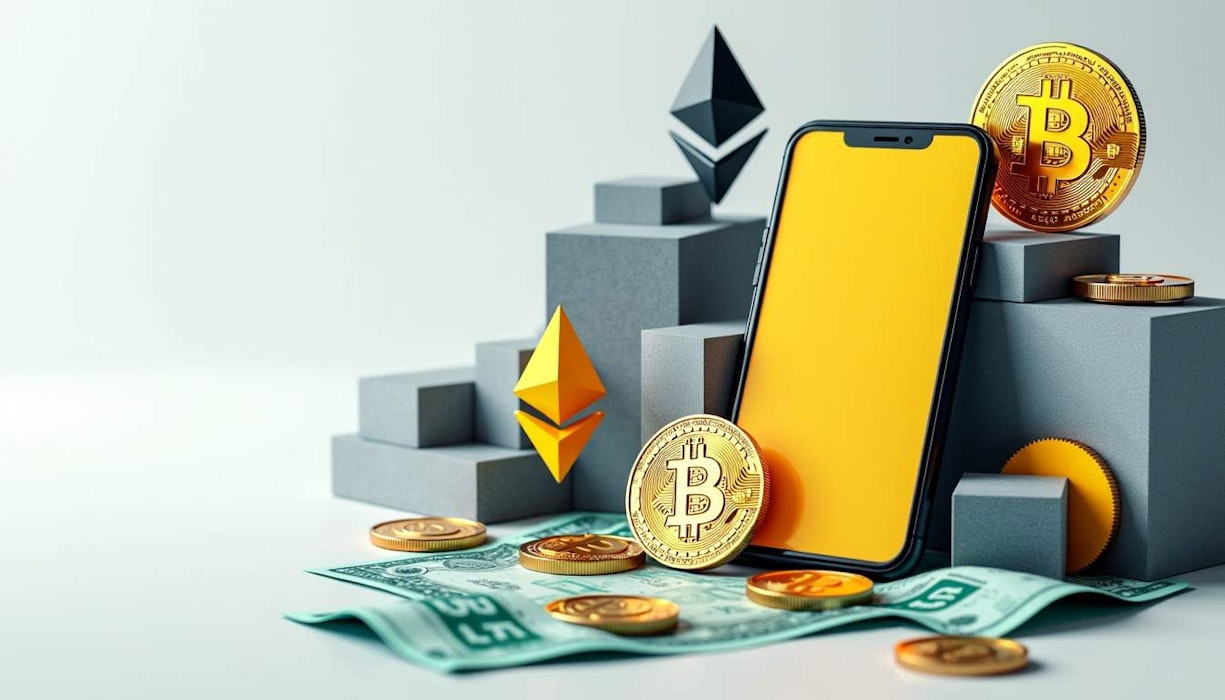As I sit here contemplating my next moves in the crypto space, I can't help but think about how intertwined everything is. Geopolitical tensions can send ripples through financial markets, and cryptocurrencies like Kaspa are no exception. Recently, Bitcoin took a nosedive, and it got me wondering—how much of that was due to the latest Middle East conflict? This article explores the intricate dance between global tensions and our beloved digital assets.
The Ripple Effect of Global Tensions
When things heat up on the geopolitical front, it's not just Bitcoin that feels the chill; it's all risk assets. Investors tend to flee to safer havens—gold, U.S. Treasuries, you name it. And while some folks argue that Bitcoin could be a safe haven, I'm still on the fence about that one. Sure, Bitcoin has its moments of volatility during crises, but it also bounces back with a vengeance.
Recent studies have shown that factors like the Geopolitical Acts Index (GPAs) and U.S. Economic Policy Uncertainty Index (EPU) significantly influence Bitcoin's returns and volatility. So yes, if you're into crypto trading or just holding long-term, understanding these dynamics is crucial.
Single Cryptocurrency vs. Diversified Portfolio: What's Your Poison?
Now let's get down to business—should you invest in a single cryptocurrency or spread your bets? There are pros and cons to each approach.
Going Solo: The High Risk-High Reward Game
Investing in a single cryptocurrency can be a wild ride. On one hand, you could hit it big—think early investors in Ethereum or even Kaspa (if you're feeling adventurous). But on the other hand… well, let’s just say there’s a reason they call it “crypto winter.”
Security risks are another concern; lose your private keys or get hacked? Game over.
The Diversification Strategy: Play It Safe?
On the flip side, diversifying your portfolio can mitigate some risks associated with cryptocurrencies. If one asset tanks (looking at you Luna), others might hold steady or even thrive.
But let’s be real—it’s more complicated managing multiple assets and transaction costs can add up faster than you think.
Latin America Leading the Charge
One thing I find fascinating is how small businesses in Latin America are using cryptocurrencies for cross-border payments. With traditional banking systems often failing them (hello high fees!), these companies are turning to crypto as a lifeline.
Lower transaction costs? Check. Faster payment times? Double check. And let’s not forget—hedging against local currency devaluation is an attractive proposition when your fiat is losing value faster than you can say “hyperinflation.”
Summary: Stay Informed and Be Strategic
So there you have it—the interplay between geopolitical tensions and cryptocurrencies is complex but essential for any investor to understand. Whether you're leaning towards a diversified portfolio or going all-in on Kaspa (no judgment here), just make sure you're informed about the risks involved.
As for me? I think I'll keep my ear to the ground—and maybe allocate a little more towards stablecoins as insurance against further chaos!
